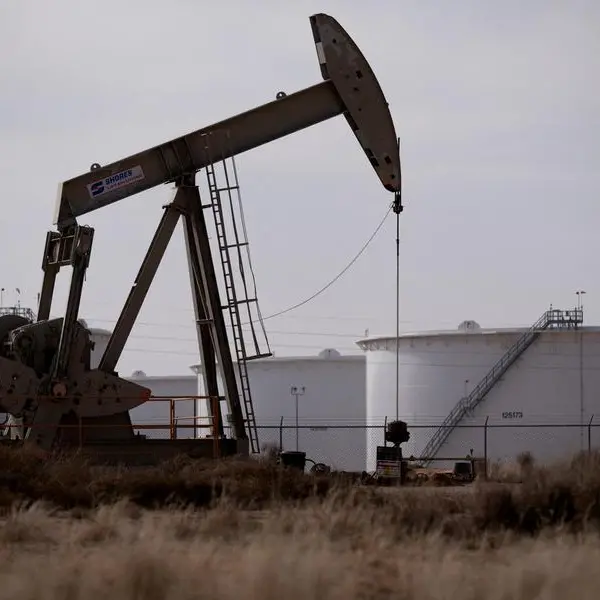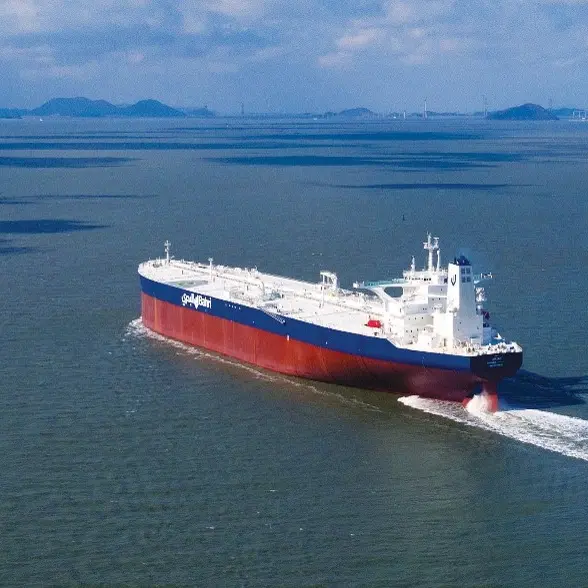PHOTO
Banks in the Gulf region are resilient enough and can absorb foreign funding outflows without liquidity support, if the Gulf Cooperation Council’s (GCC’s) geopolitical situation escalate due to the ongoing US-Iran tensions.
Most GCC governments possess sufficient liquid assets and foreign exchange reserves to be in a position to support banks if required, says S&P Global Ratings in a report on Monday.
S&P Global Ratings has not changed any bank or sovereign ratings in the GCC region. The ratings agency does not expect direct military conflict between the US and Iran or their regional allies.
“In a modest stress case, the UAE banking system displays the highest resilience in the GCC. There are no funding gaps for the UAE banks and they have a strong net external asset position,” Benjamin J Young, director at S&P Global Ratings told Zawya.
“In a more severe hypothetical scenario, which is unlikely to happen, the UAE system shows a small funding gap, requiring sovereign support, while Saudi would require slightly larger government support,” he adds.
“For most banking systems in the GCC, strong customer bases support their system-wide funding profiles," according to the report.
The report also mentions: "At year-end 2018, the loan-to-deposit ratio reached 99 percent on average for the six GCC countries. Moreover, about 52 percent of deposits came from retail customers and government-related entities (GRE) at the same date.”
However, in a more severe geopolitical stress scenario, there will be potential funding gaps in all banking systems aside from Kuwait's, with Qatari and Bahraini banks requiring the most support as a proportion of GDP, the report noted.
While, Qatar would require almost $59 billion (30 percent of GDP), Bahrain $4 billion (10 percent of GDP), and Saudi Arabia almost $25 billion (3 percent of GDP), the other Gulf countries' funding gaps would be smaller, the report noted.
“The UAE banking system shows a small funding gap of $4 billion or 1 percent of GDP under a more severe hypothetical stress, which is unlikely to happen and we assess that UAE government is highly supportive of its banking systems,” Young added.
In its base case, S&P Global expects the Strait of Hormuz to remain open to the global oil trade, the report noted.
Nearly a third of the world’s seaborne crude, around 18.5 million barrels per day, passes through the strategic waterway.
Our Standards: The Thomson Reuters Trust Principles
Disclaimer: This article is provided for informational purposes only. The content does not provide tax, legal or investment advice or opinion regarding the suitability, value or profitability of any particular security, portfolio or investment strategy. Read our full disclaimer policy here.
© ZAWYA 2019




















